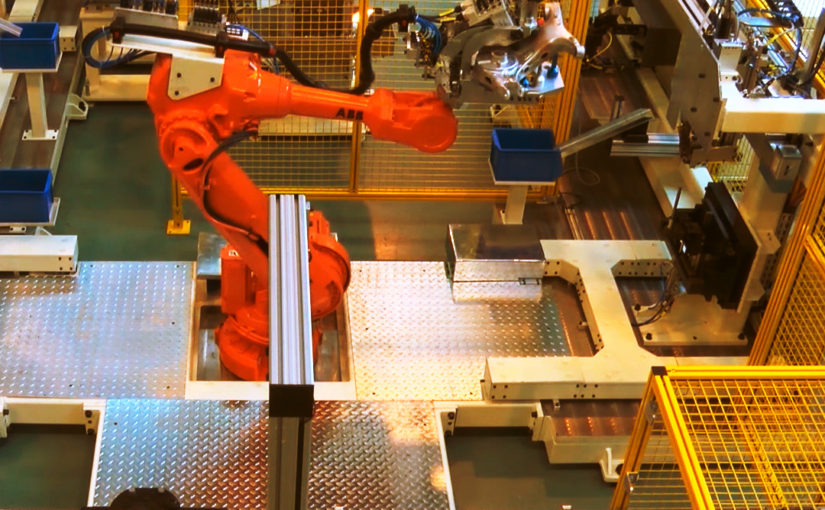
Industrial Internet Consortium launches smart factory machine learning platform
The Industrial Internet Consortium has launched what it calls the Smart Factory Machine Learning for Predictive Maintenance Testbed.
The testbed is led by two companies, Plethora IIoT, and Xilinx.
IIC says the testbed explores machine-learning techniques and evaluates algorithmic approaches for time-critical predictive maintenance.
It adds that this knowledge leads to actionable insight enabling companies to move away from traditional preventative maintenance to predictive maintenance, which minimizes unplanned downtime and optimizes system operation.
IIC says this would ultimately help manufacturers increase availability, improve energy efficiency and extend the lifespan of high-volume CNC manufacturing production systems.
IIC executive director Dr Richard Mark Soley, says: “Testbeds are the major focus and activity of the IIC and its members.
“We provide the opportunity for both small and large companies to collaborate and help solve problems that will drive the adoption of IoT applications in many industries.
“The smart factory of the future will require advanced analytics, like those this testbed aims to provide, to identify system degradation before system failure.
“This type of machine learning and predictive maintenance could extend beyond the manufacturing floor to have a broader impact to other industrial applications.”
Plethora IIoT team leader Javier Diaz says: “Downtime costs some manufacturers as much as $22,000 per minute.
“Therefore, unexpected failures are one of the main players in maintenance costs because of their negative impact due to reactive and unplanned maintenance action.
“Being able to predict system degradation before failure has a strong positive impact on machine availability: increasing productivity and decreasing downtime, breakdowns and maintenance costs.
“We’re excited to lead this testbed with Xilinx and work alongside some of the leading players in IIoT technologies.
“This is a unique opportunity to test together machine learning technologies with those involved in the testbed at different development levels starting from the lab through production environments, where a real deployment solution is utilized.
“As a result, from these experiences, we can significantly reduce the time-to-market of Plethora IIoT solutions oriented to maximize smart factory competitiveness.”
Dan Isaacs, director of corporate strategic marketing and market development for IIoT and machine learning at Xilinx, says: “Xilinx is committed to providing the Industrial IoT industry with our latest All Programmable SoC and MPSoC platforms – ideal for sensor fusion, real-time, high-performance processing, and machine learning from the edge to the cloud.
“The combination of these highly configurable capabilities drives the intelligence of the smart factory.”
Additional IIC member companies participating in this testbed are:
- Bosch
- Microsoft
- National Instruments
- RTI
- System View
- GlobalSign
- Aicas
- Thingswise
- Titanium Industrial Security
- iVeia
The technologies these companies are developing and providing to enable the IIC Smart Factory Machine Learning testbed will include the following areas:
- Factory automation
- OT and IT security
- Edge to cloud machine learning and analytics
- Time-sensitive networking
- Data acquisition
- Smart sensor technology
- Design implementation
- Embedded programmable SoC technology
- Secure authentication
Plethora IIoT and Xilinx are planning to showcase the testbed at the EMO 2017 trade show, from 18-23 September in Hannover, Germany. They can be found in Hall 25 at Stand B60, in the Industry 4.0 area.
IIC says testbeds are where the innovation and opportunities of the Industrial Internet – new technologies, new applications, new products, new services, new processes – can be initiated, thought through, and rigorously tested to ascertain their usefulness and viability before coming to market.
